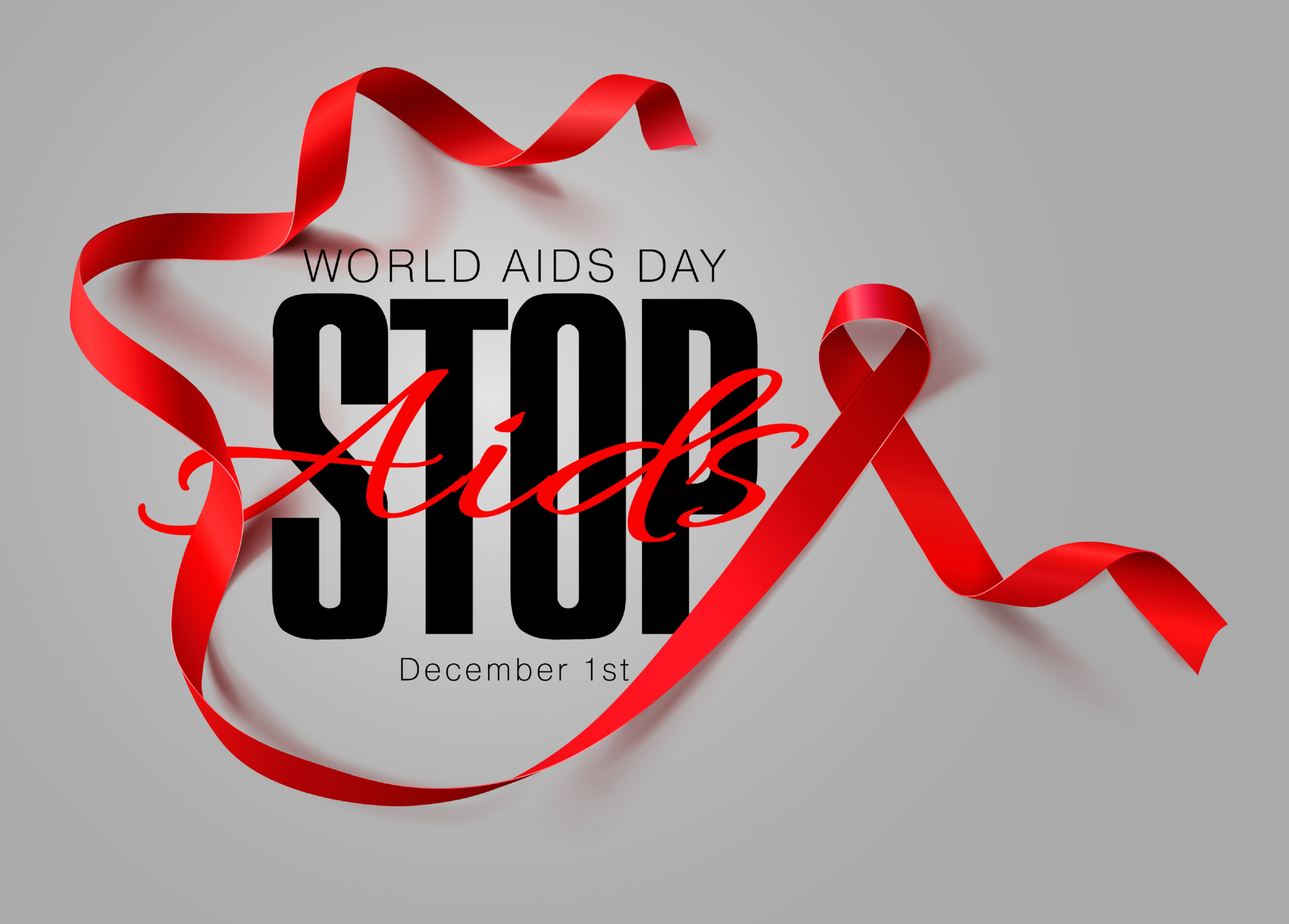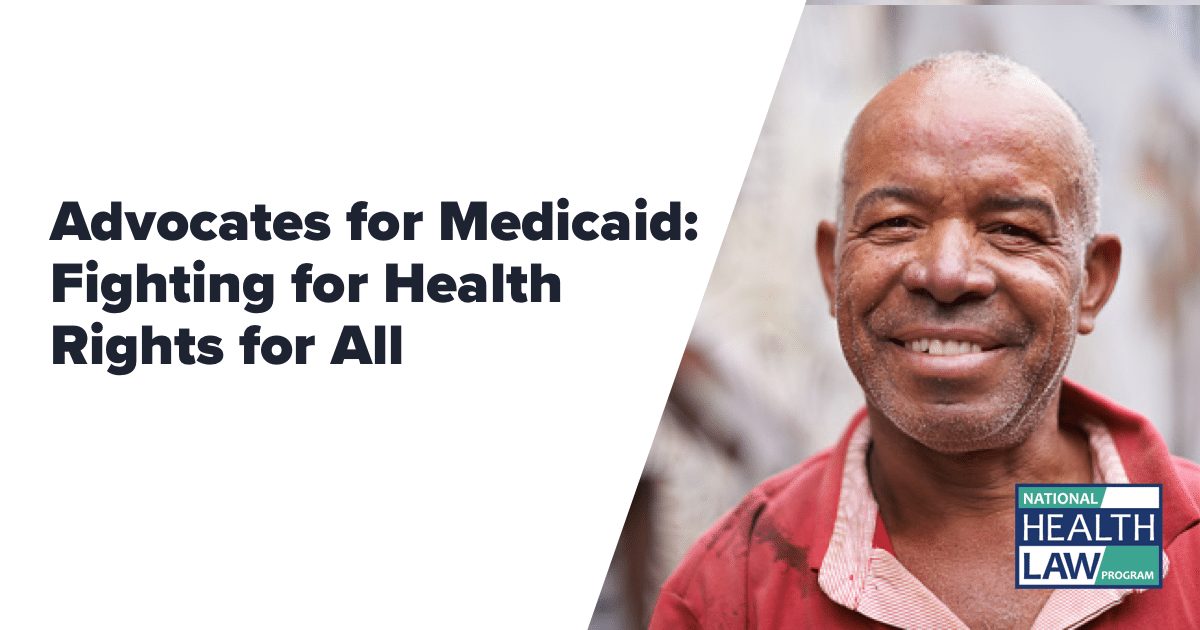World AIDS Day 2020 – Fight AIDS Protect Medicaid!
Gerald Lee Joyce, 43 years old, died of AIDS on February 10, 2017. His sister recalled his final months in The AIDS Memorial Instagram account, which is dedicated to those who have been lost to this terrible illness that continues to claim 20,000 American lives every year. Gerald was diagnosed with cancer years after he had no health insurance. Gerald’s condition was only revealed after his arrest due to erratic driving. This led to the discovery that Gerald had brain lesions. Three months later, he was dead.
Gerald’s and countless other lives could have been saved if his home state, Tennessee, expanded Medicaid. The Affordable Care (ACA) created a new Medicaid category that was available to low-income adults. However, ten states, including Tennessee, have, so far, refused to implement the expansion.
Medicaid expansion has been a game changer in the fight against AIDS. Before the ACA, most people with HIV did not qualify for Medicaid because they were not sick enough.
Medicaid expansion has been a game changer in the fight against AIDS. Before the ACA most people with HIV didn’t qualify for Medicaid as they weren’t sick enough. Medicaid was available to people with HIV who had been diagnosed with AIDS. Medicaid is the most common insurance program for people living with HIV in the U.S. It covers approximately 40% of adult HIV-positive individuals. Medicaid provides essential services such as prescription drugs, including anti-retrovirals. It also covers doctor’s appointments, mental health services, substance abuse disorder services, and much more. People with HIV can now live healthier and longer lives. Medicaid also covers HIV testing and is a key provider of HIV prevention medications, PreExposureProphylaxis (PrEP).
However, these important gains in HIV care are under threat. The incoming administration, along with Congress, are threatening to reduce Medicaid funding by drastically restricting the program’s financing. The proposals under discussion include turning Medicaid to a block grant that limits the funding to states and leads to cuts in eligibility and services. In 2016, when Congress was considering Medicaid block grants, analysts predicted that up to 21 millions people would lose their coverage. If Medicaid coverage is lost, HIV/AIDS patients have limited treatment options. Other proposed Medicaid changes include reducing federal funding to states for Medicaid expansion. Some states have “trigger laws” that automatically end Medicaid for low-income adults if federal funds decrease. Most states are experiencing budget crises and would be hard pressed to make up for the loss of federal funds.
Additional possible changes from the new Republican trifecta include mandatory work requirements for most Medicaid enrollees. Arkansas’s Medicaid work requirements a few years ago resulted in more than 18,000 people losing Medicaid coverage. This was mainly due to red tape and bureaucratic requirements, as many exempt individuals fell through the cracks. Georgia’s work requirements have enrolled only 4,500 people. This is far below the projected 25,000 enrollment target and the 360,000 people who would be eligible for Medicaid expansion. Medicaid will be under attack in January 2025 when the new Congress and administration take office. Fight AIDS! Protect Medicaid!






